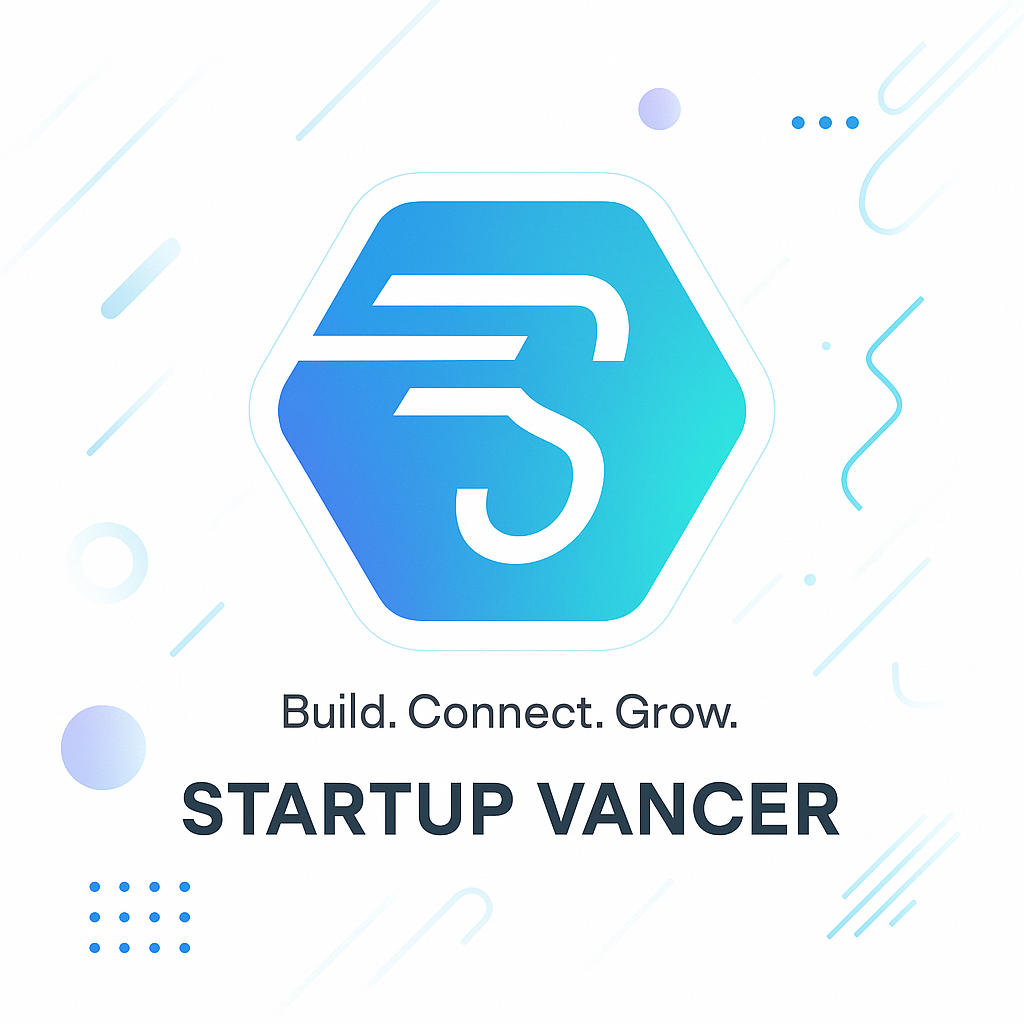
Are you an aspiring entrepreneur looking to turn your business idea into a reality? One of the most crucial factors in bringing your vision to life is securing the necessary funding. In this blog post, we will delve into the various types of funding available to entrepreneurs, from traditional bank loans to crowdfunding platforms. We will also explore the importance of researching and identifying potential investors, as well as the significance of preparing a solid business plan and pitch. Additionally, we will discuss the value of networking and building relationships with angel investors. Join us as we navigate the world of entrepreneurial funding and set you on the path to success.
Understanding The Different Types Of Funding
When it comes to startup funding, it’s important for entrepreneurs to have a clear understanding of the different types of funding options available to them. From venture capital to angel investors and crowdfunding, there are various funding strategies that can help new businesses get off the ground and thrive. In this blog post, we’ll explore these different types of funding and discuss the importance of financial planning in the early stages of a new venture.
Venture capital is a form of financing that is typically provided by professional investors who are looking for high-growth potential in startups. These investors often take an equity stake in the company in exchange for funding, and they may also provide guidance and mentorship to help the business succeed. Venture capital can be a great option for startups with innovative ideas and a strong potential for rapid growth, but it’s important for entrepreneurs to carefully consider the terms and conditions of any venture capital investment.
Angel investors, on the other hand, are typically high-net-worth individuals who provide funding to startups in exchange for equity or convertible debt. Angel investors can be a valuable source of funding for early-stage businesses, and they often bring valuable expertise and connections to the table as well. Building relationships with angel investors can be a key part of a startup’s funding strategy, and entrepreneurs should be prepared to pitch their business plans and ideas in a compelling and professional manner in order to attract angel investment.
Researching And Identifying Potential Investors
When it comes to startup funding, researching and identifying potential investors is a crucial step in the funding strategies of any budding entrepreneur. Whether you are seeking venture capital or angel investors, knowing where and how to find the right investors can make all the difference in the success of your business.
One effective way to identify potential investors is by attending industry events and networking with professionals in your field. These events provide opportunities to connect with individuals who have the knowledge and experience to help guide your business toward success. By building relationships in these settings, you can gain valuable insights into the types of investors who may be interested in your business.
Another method for identifying potential investors is through online research and the use of dedicated investment platforms. Websites such as AngelList and Crunchbase provide resources for finding investors who have a history of funding businesses similar to yours. By utilizing these platforms, you can tailor your approach to investors who are already familiar with and interested in your industry.
Preparing A Solid Business Plan And Pitch
When it comes to securing startup funding, a solid business plan and pitch are essential. Whether you’re seeking venture capital or angel investors, having a clear and comprehensive plan in place is crucial. This will not only help you secure the funding you need, but also demonstrate to potential investors that you have a clear vision for your business and a strategic funding strategy in place.
One of the first steps in preparing a solid business plan is to conduct thorough financial planning. This involves carefully assessing your company’s financial needs, as well as its potential for growth and profitability. You will need to outline your projected revenue and expenses, as well as any potential risks or challenges that may impact your business. Having a clear understanding of your financial situation will not only help you determine how much funding you need, but also reassure potential investors that you have a realistic and well-thought-out plan in place.
Once you have a solid financial plan in place, you can begin developing a comprehensive business plan and pitch. This should include a detailed overview of your business, including its mission, vision, and target market. You should also outline your competitive advantage, as well as your marketing and sales strategies. In addition, you will need to provide a detailed financial forecast, outlining how you plan to use the funding you secure and how it will help your business grow and succeed. Having a clear and comprehensive business plan in place will not only help you secure the startup funding you need, but also demonstrate to potential investors that you have a clear vision for your business and a strategic funding strategy in place.
Utilizing Crowdfunding Platforms And Campaigns
Crowdfunding has become an increasingly popular way for startups to secure startup funding from a pool of investors. By utilizing crowdfunding platforms and running campaigns, entrepreneurs are able to tap into a wider network of potential backers and raise the capital they need to bring their business ideas to life.
One of the key advantages of using crowdfunding as a funding strategy is the ability to validate market interest in a product or service. By presenting a compelling pitch and marketing campaign, entrepreneurs can gauge potential demand and attract venture capital from individuals who are passionate about their vision.
When considering financial planning for a startup, it’s important to note that crowdfunding success often requires a strong social media presence and active engagement with potential backers. Additionally, offering attractive rewards and perks for backers can help incentivize participation in the campaign and create a sense of community around the startup.
Networking And Building Relationships With Angel Investors
Building strong relationships with angel investors is a crucial step for any startup seeking funding. Angel investors are individuals who provide capital for a business start-up, often in exchange for convertible debt or ownership equity. These investors can offer more flexible terms compared to venture capital firms, making them an attractive option for many entrepreneurs.
As an entrepreneur looking to network and build relationships with angel investors, it is important to understand their investment criteria and preferences. Researching their past investments can provide valuable insights into the types of businesses they are interested in and the industries they prefer. Once you have identified potential angel investors, it is crucial to craft a compelling business plan and pitch that clearly demonstrates the value proposition of your startup.
In addition to crafting a strong pitch, attending industry events and networking functions can provide valuable opportunities to meet potential angel investors in person. Building and maintaining relationships with angel investors is an ongoing process that requires effective communication and trust-building. By leveraging networking opportunities and establishing a strong rapport, entrepreneurs can increase their chances of securing funding from angel investors and take their startup to the next level.
Frequently Asked Questions
There are various types of funding options available for startups, including angel investors, venture capitalists, crowdfunding, business loans, and grants. Each option has its own pros and cons, and it's important to understand the differences to determine which one is the right fit for your startup.Researching and identifying potential investors involves conducting market research, attending networking events, leveraging professional networks, and using online platforms such as Crunchbase and AngelList to find investors who have previously invested in startups within your industry or niche.A solid business plan and pitch should include a clear and compelling value proposition, market analysis, competitive analysis, business model, revenue projections, team background and qualifications, and a well-defined marketing and growth strategy. It should also address potential risks and challenges and demonstrate that you have a sound understanding of your target market and industry.Crowdfunding platforms such as Kickstarter, Indiegogo, and GoFundMe can be utilized to raise funds for your startup by creating a compelling campaign and offering rewards or incentives to backers. These platforms allow you to tap into a large pool of potential investors and supporters who are interested in supporting innovative ideas and projects.Networking and building relationships with angel investors can be done through attending startup events, joining entrepreneurial communities, participating in pitch competitions, leveraging social media platforms like LinkedIn, and seeking introductions from mutual connections. It's important to approach investors with a well-crafted pitch and demonstrate that your startup has the potential for growth and profitability.Utilizing venture capitalists for funding requires a thorough understanding of their investment criteria and preferences. Start by researching venture capital firms that have previously invested in startups within your industry. Craft a compelling pitch deck and business plan that align with the venture capitalist's investment thesis. Secure a warm introduction to the venture capitalist through mutual connections or networking events to increase your chances of getting funded.Preparing for due diligence involves organizing and updating all relevant documents such as financial statements, legal agreements, intellectual property filings, customer contracts, and employee records. Conducting a thorough self-audit before the due diligence process begins can help identify and address any potential issues or discrepancies that may arise. It's also important to be transparent and prepared to answer any questions or concerns raised by the investor during the due diligence process.






